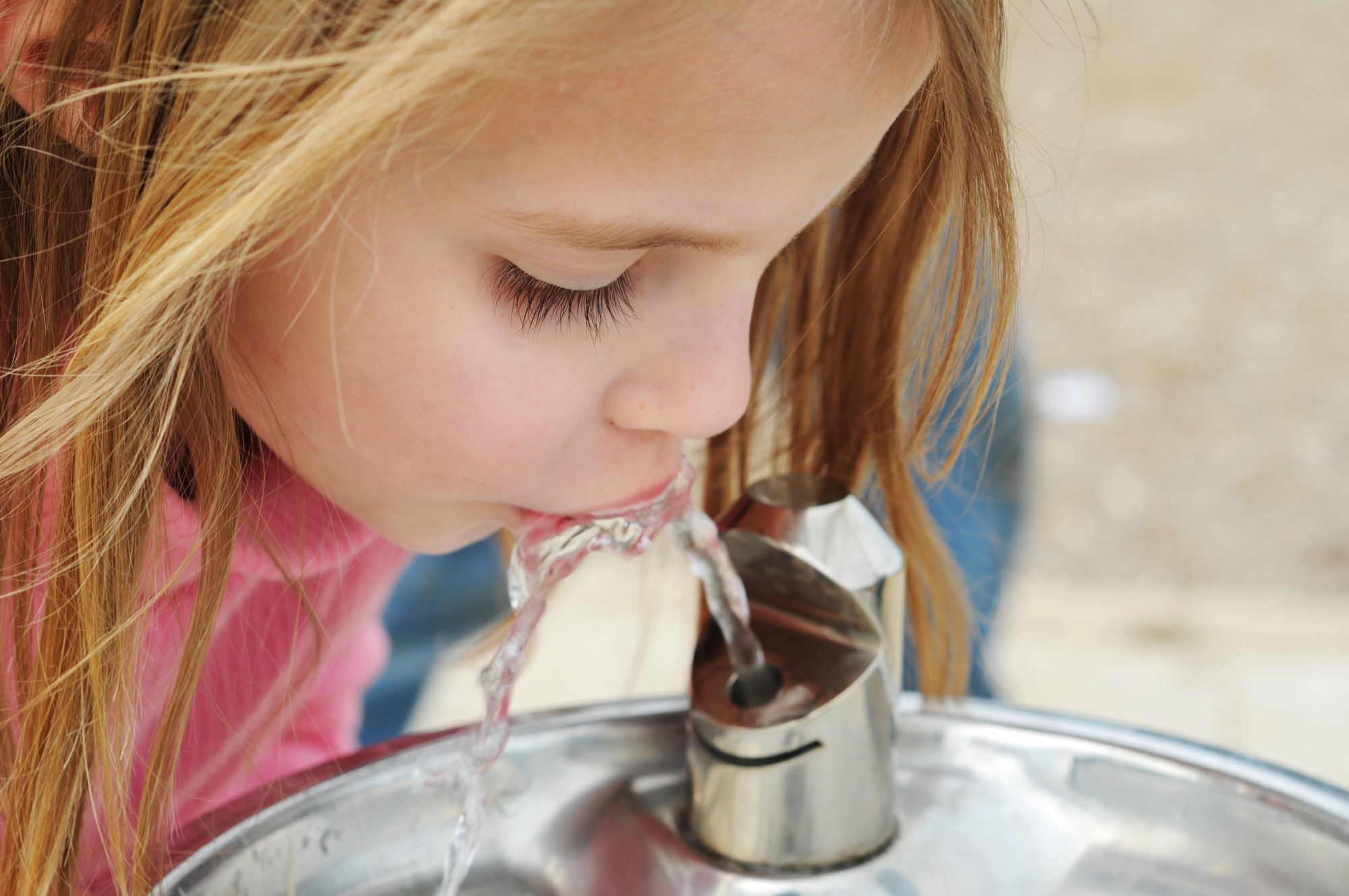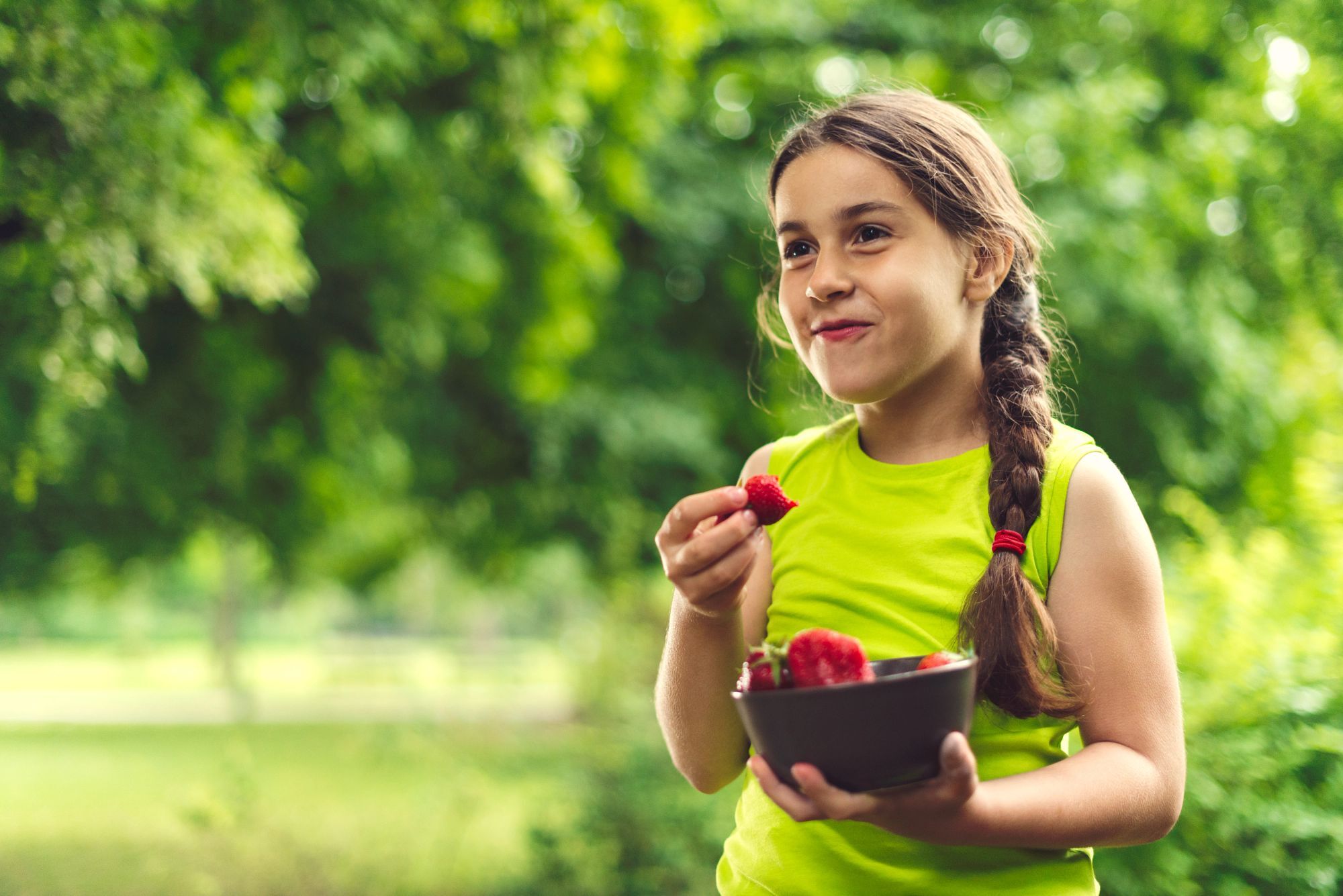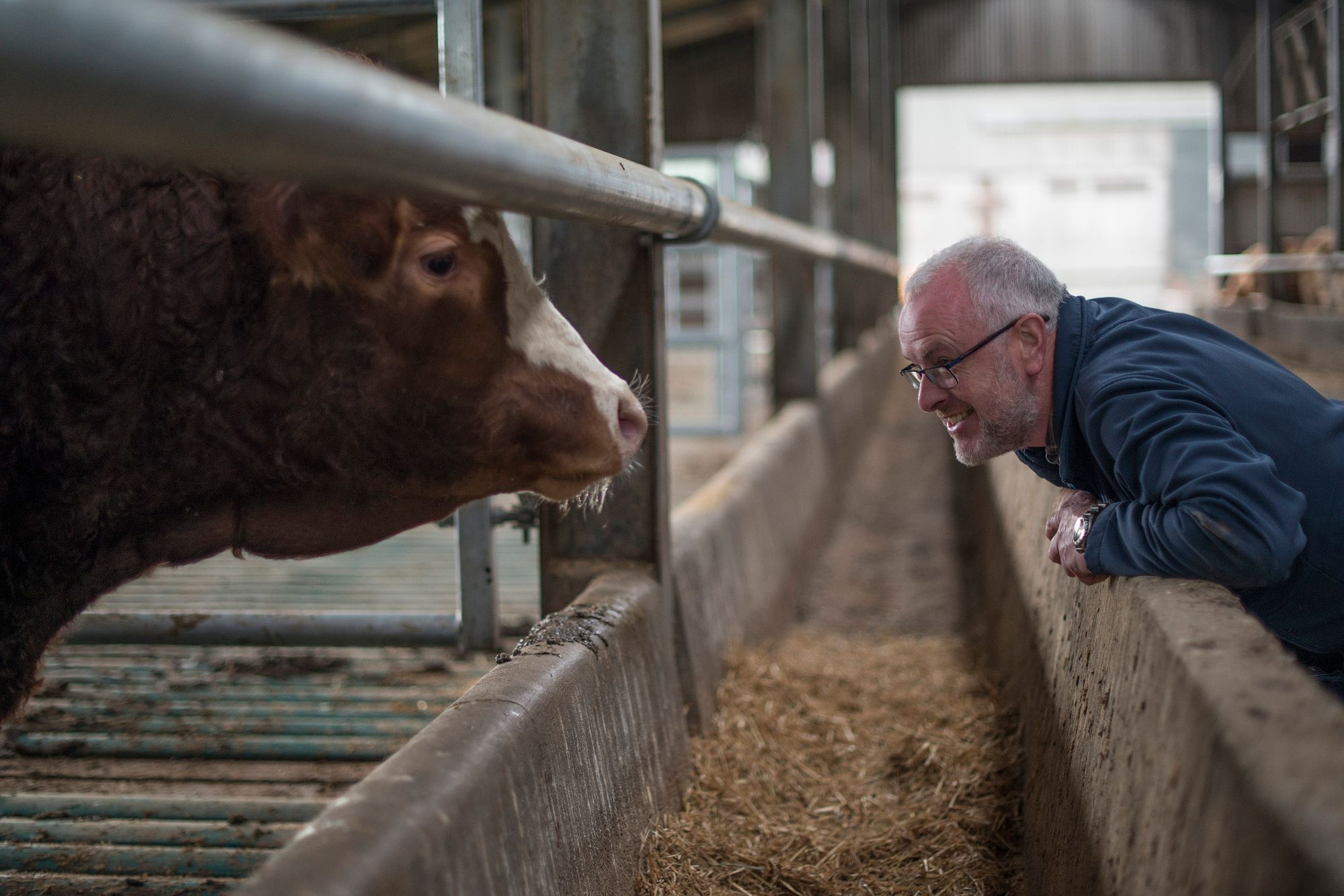Start Small and Think Big: 7 Tips to Save the Planet
When I was at the drive-thru to pick up my coffee the other day, the barista at the window told me that they were doing away with cardboard and plastic cups and starting to sell reusable to-go mugs as part of the company’s sustainability vision for the future.
This got me thinking about how change starts with action. If I want to protect our planet and leave a lighter footprint, I don’t have to sign up for a lofty, all-consuming project. Instead, I can start small, take some modest steps and be part of the more extensive worldwide efforts to make a difference.
Even if you’ve cut down on food waste, there are still many nonedible items — such as kitchen scraps, coffee grounds, used tea leaves, vegetable peelings, grass clippings, shredded newspaper, stems and dried leaves — which you can throw into your compost.
Thankfully, I work for an organization dedicated to improving global human health. In addition to readying myself for reusable cups, I reached out to my NSF colleagues for some tips on simple but impactful ways to minimize our carbon footprint and care for the planet. Here are seven small steps you can take to launch your own save-the-planet efforts:
Get Ready To Reuse
Sure, we separate plastic, cardboard and other recycling items from our garbage, and my family switched to reusable water bottles a couple of years ago. Still, I started thinking about what other home items I could be recycling instead of throwing them away. Toothbrushes, razor blades and cardboard packaging came to mind, but I also realized this was an excellent time to look into my town’s recycling rules, as these can be different everywhere.Prescription Medicines and Pharmaceuticals
Health departments or local health agencies may sponsor pharmaceutical drop-off days to help you get rid of excess or expired drugs, ointments, test strips, supplements and vitamins. Pharmaceutical products should never be flushed down the toilet, poured into the sink or disposed of in the trash.Waste Management Organizations
If you don’t have curbside collection, research local waste management companies, your town’s resources or your area’s health agencies, which may have specific recycling days or drop-off locations near you.Start Composting
Even if you’ve cut down on food waste, there are still many nonedible items — such as kitchen scraps, coffee grounds, used tea leaves, vegetable peelings, grass clippings, shredded newspaper, stems and dried leaves — which you can throw into your compost.Consider Locally Grown or Organic
Crops that are grown organically must meet strict standards related to pesticides, fertilizer and hormone use, soil quality, and animal-raising practices, according to the rules defined by the U.S. Department of Agriculture’s (USDA’s) National Organic Program for certification. Locally grown produce can reduce the carbon footprint of that food crop.Think Farm-to-Table
Growing your own garden or shopping at the farmers market is one way to help ensure that what you’re consuming is seasonal, fresh and local. Spring has sprung, and many of these markets are stocked up and in full swing. Nothing beats a farmers market experience where you can meet local farmers; shop for fresh fruits and veggies, homemade jams, brats and burgers; and take home these local delicacies.BYOB
Bring your own bags to the supermarket, the farmers market, the pharmacy or even the home store. Just separate the bags for raw meats so that you don’t cross-contaminate with your fruits and veggies.
Start small, but think big. What are you doing to help planet Earth? Let us know on Twitter.
Sign Up for Tips for Better Living
Stay up to date with what matters most to you and your family.
Related Posts

Foodstuffs: How To Store and Heat Leftovers Safely

Kitchen Cleaning 101: Your Ultimate Guide to Optimum Kitchen Cleaning

Keeping a Clean Home, Especially When You Share It With Your Pet

loMT: Utilize Internal Information Security Expertise to Combat Cyber Risks
How NSF Can Help You
Get in touch to find out how we can help you and your business thrive.

What’s New with NSF

Michigan’s “Filter First” Law: A Guide for Schools and Childcare Centers
April 23, 2024
Healthy People Living on a Healthy Planet: The Future We’re Working For
April 4, 2024
American Meat and Egg Distributors Now California-Ready with NSF’s Prop 12 Certification
April 3, 2024